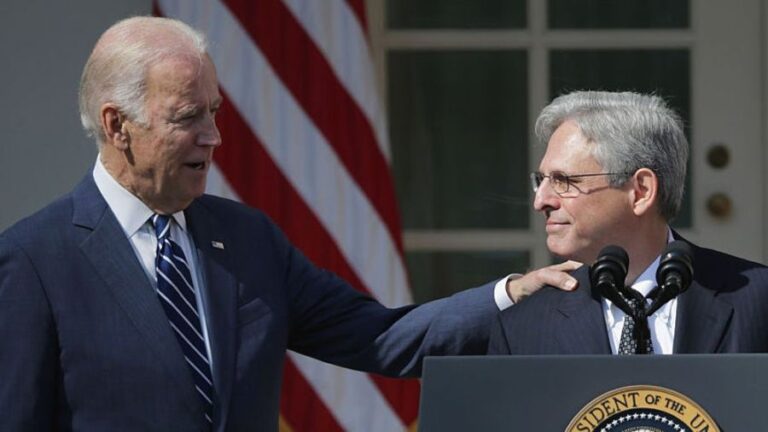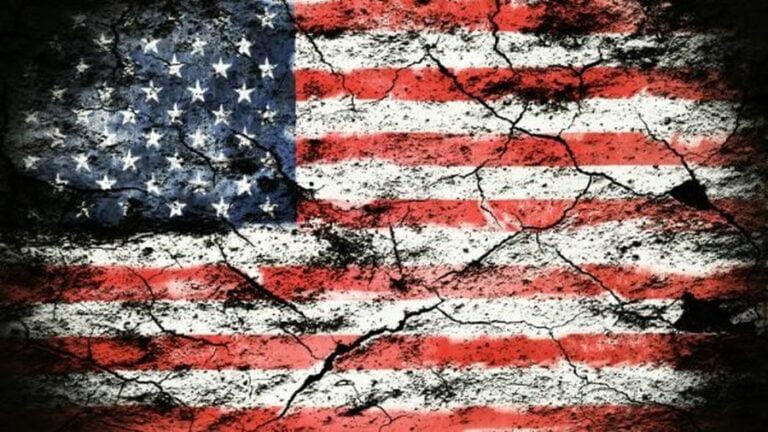The US Presents Yet Another Anti-Chinese Bill
The author was going to address the situation around Taiwan once more after the results of the general election scheduled for January 11, 2020, during which the President, Vice-President and all 113 members of the unicameral parliament will be elected.
However, a multitude of events have occurred in quick succession, all in one way or another related to Taiwan, which is rapidly moving to the forefront of the global confrontation between two of the world’s leading powers. Some of these events deserve to be promptly addressed.
On December 23, 2019, two members of the US House of Representatives, namely Republican Stephen Chabot and Democrat Bradley Sherman, introduced a bill dubbed the Taiwan Envoy Act. The title of the bill itself is an additional dose of ‘explosives’, which have long been accumulated at the foundation of US-China relations by a certain part of the American establishment.
It is important to note that in 1979 (which marked the peak of the Cold War), in an attempt to win China’s favor, the US broke off diplomatic relations with Taiwan, which was, perhaps, its most loyal Asian ally. De facto Taiwan remained such even after ‘big brother’s’ blatant act of betrayal. For a long time, however, Taiwan’s continued love for the US was almost unrequited – almost being the key word here. Since, in fact, Washington had left important ‘support plates’ in Taiwan. The most vital of these is the system of relations with the island, laid out in the so-called Taiwan Relations Act, which was adopted by Congress in early 1979.
This document, which is a cornerstone of the entire subsequent system of US-Taiwan-PRC relations, made the prospect of solving Beijing’s key problem–reuniting the island with the mainland in one way or another–virtually impossible for the next 30 years. Impossible, at least, without Taiwan’s population’s clear desire to do so, which has not been expressed thus far.
Additionally, despite the termination of official contacts between the American and Taiwanese government officials at that time, a contingent of US specialists continued to work in the island’s capital, housed in the former embassy building. The latter was renamed into the American Institute in Taiwan (AIT) and began operating as a non-profit organization.
In mid-June 2018, the official opening ceremony of AIT’s new office took place in Taipei. The building’s construction cost amounted to approximately $260 million. This is an impressive amount, even for the US Washington could only allocate it for an enterprise that furthers its primary national interests. The opening of the new AIT office was seen by Beijing as a direct challenge to its own national interests and China-U.S. relations in general.
Such a harsh assessment was probably provoked by the fact that, three months earlier, the same Congressmen Chabot and Sherman, as well as Republican Ed Royce, had passed the Taiwan Travel Act (H.R. 535 – Taiwan Travel Act). This legislation made contacts between US and Taiwan representatives of any level official; they had only been conducted non-publicly before. This signifies a gradual process of restoring the form of US-Taiwan relations that existed prior to 1979.
If Chabot and Sherman’s bill goes through, the current American Institute in Taiwan will regain its former status as the Embassy of the United States in Taiwan. This would then allow for the reinstatement of several other aspects of the official interstate relations between the United States and Taiwan, for example, the formation of a new military-political union between ‘two independent countries.’
It should also be noted that the initiative to return embassy status to the ‘non-profit organization’ now representing Washington’s interests in Taiwan is only one element out of a set of the USA’s ‘measures of influence’ on its main geopolitical opponent.
One of such measures is the US listing the ‘Taiwan problem’ as a separate article of expenditure in the National Defense Authorization Act for Fiscal Year 2020 for the second year in a row. This time, the total amount that will be spent directly or indirectly on this problem’s resolution is about $740 million. The Taiwanese Foreign Ministry expressed its gratitude to President Trump for the approval of the above-mentioned Act.
Also important is the set of laws recently passed by the US Congress, considered by Beijing to represent interference into China’s domestic affairs. Indeed, that seems to be the obvious goal of certain US legal acts related to the situation in the Tibet Autonomous Region, the Xinjiang Uygur Autonomous Region, and Hong Kong; a country located 15,000 km away from these administrative units has become concerned with the problems within their borders.
The following (rhetorical) question has been hanging in the air for a long time: who put the heavy burden of monitoring the upholding of ‘good political morals’ around the world on the Washington Swamp, and why have its inhabitants agreed to bear this burden?
Speaking of Hong Kong, coalitions of heterogeneous parties (all to some extent opposed to the leadership of Hong Kong and the central authorities of the People’s Republic of China) have claimed the victory in the municipal elections. Following this, most of the ‘protesters’ have apparently decided that an important intermediate goal of the past few months’ street demonstrations has been achieved, they can return to their homes and heal the many wounds caused to the city by the riots.
Not everybody agrees, however. From time to time, the most radical of the protesters continue to rampage, which only serves to discredit the decent citizens who had been legitimately expressing their opposition to the attempts to amend local legislation.
This begs the following questions: what spurned the outright insolence of these groups, which can be considered bandits for all intents and purposes, and why has Beijing been surprisingly patient in dealing with them? After all, considering the city’s condition, a state of emergency could have been declared a long time ago, and the Chinese People’s Liberation Army could have been called upon to restore order.
The answer is very simple, and this is certainly known in Hong Kong. The situation there and in other problematic regions of China is just one piece of a complex puzzle that reflects the nature of China-US relations. The price of an error in any seemingly insignificant move is extremely high.
First of all, it bears mentioning that there remains an ambiguity in the currently crucial component of US-Chinese relations–trade and economy. As for the effectiveness of the latest (13th) round of negotiations on problems in the trade and economic spheres, the tone of the ‘leaks’ appearing in the media landscape changes almost every week.
Furthermore, Beijing is far from indifferent to the results of the above-mentioned upcoming general elections in Taiwan. Ill-judged harsh measures in Hong Kong would destroy the chances of victory for the Kuomintang Party, which advocates respect (at least in rhetoric) for the ‘one country, two systems’ principle critical to Beijing.
Somewhat careless actions in Hong Kong could become not just a tail-wind, but a hurricane that would get the bill of the two congressmen passed in mere months, and this would ultimately impart a formal nature on US-Taiwan relations.
The significance of these and several other factors in no way means that China has forgotten about the Anti-Secession Law adopted by its parliament in 2005, which allows for the possibility of a ‘non-peaceful’ solution of the Taiwan problem.
It is in connection with the aforementioned Chabot-Sherman initiative that Global Times recalled this law in its editorial, also pointing out that ‘military strengths across the Taiwan Straits have undergone a historical change’ in recent years.
A clear example of this change was the passage of a detachment of ships of the Chinese Navy through the Taiwan Strait. It was led by the aircraft carrier Shandong, which was just recently put into service in the presence of the country’s leader, Xi Jinping.
In general, the proposed bill of the two congressmen has done enough to mar the big picture of US-Chinese relations, even if the bill fails to pass.
By Vladimir Terekhov
Source: New Eastern Outlook






